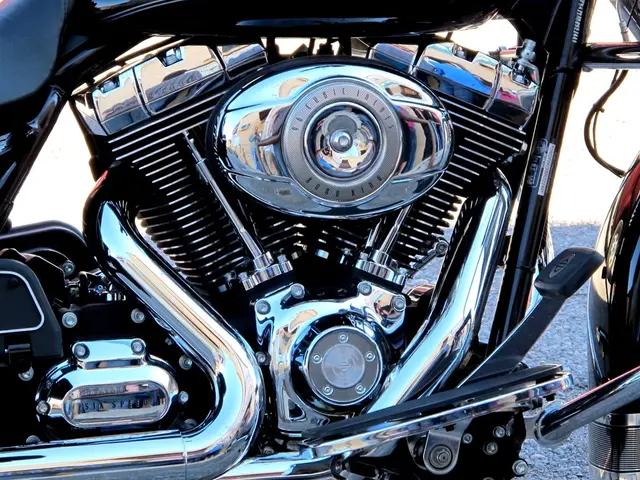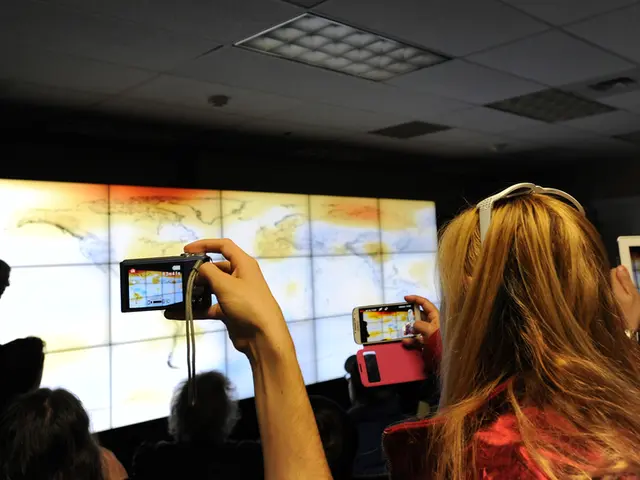Selecting the Ideal Camera for Novices: Crucial Elements to Consider (6 in Number)
In the world of photography, choosing the right camera can be a daunting task, especially for beginners. However, with the right knowledge and understanding of key features, the process can be simplified.
Firstly, investing in a slightly more sophisticated system with manual controls and features can accelerate the learning process and improve photography skills faster. For instance, prosumer models with extra features and manual settings are a good choice for future-proofing your purchase.
The size of the sensor in a camera plays a significant role in the quality of images produced. Full-frame sensors, due to their larger size, are often favored over ASP-C sensors as they offer less digital noise and better colour accuracy, resulting in images with higher detail and better contrast, especially in high-contrast lighting.
When it comes to choosing a camera, brands like Canon, Nikon, Sony, Panasonic, Fujifilm, and OM System are commonly used and well-loved. Among these, Canon and Sony are particularly recommended for beginners, with models like the Canon EOS R10 and EOS RP, and the Sony Alpha 6400 being praised for their good image quality, reliable autofocus, and features suitable for entry-level users.
A kit lens, such as an 18-55mm or a 24-70mm zoom lens, is a versatile option for beginners. It can help learners practice composition while they familiarize themselves with the camera's features.
Portability and usability are crucial considerations, depending on the type of photography and workflow. For handheld photography, especially with telephoto lenses, built-in image stabilization is beneficial as it reduces the risk of camera shake.
In addition, connectivity features in a camera allow for tethered photography, cloud storage, and direct sharing of images, making it easier to manage your photos.
It's important to note that while any camera brand can be suitable for beginners in photography, beginner cameras may contain plastic components and cut corners with their technical specifications. Therefore, choosing a more durable camera body built with metal alloys and top-of-the-line technology is a good idea.
Lastly, if you know your photography genre, it's better to choose a lens that fits your goal. A kit lens may not be suitable for certain types of photography. For instance, if you're interested in wildlife or sports photography, you might need a telephoto lens.
There's plenty of instructional content available for most contemporary camera models, making it easier for beginners to learn and master their new equipment. Shooting in RAW format also allows for the finest details and colours and offers editing flexibility.
In conclusion, with the right research and understanding of key features, choosing the right camera for beginner photographers can be an exciting and rewarding experience. Happy shooting!
Read also:
- Mandated automobile safety technologies in the EU may be deemed "irrational," "erratic," and potentially dangerous, experts caution.
- Electrical Contacts Market Expected to Reach a Value of 18.6 Billion Dollars by 2034
- Tesla's customer loyalty takes a hit due to Musk's connection with Trump, according to survey results
- Video game franchise F1® debuts its 25th installment today in early access, boasting state-of-the-art graphics technology with Path Tracing, next-gen AI-powered DLSS 4 with Multi Frame Generation, and DLSS Ray Reconstruction.







